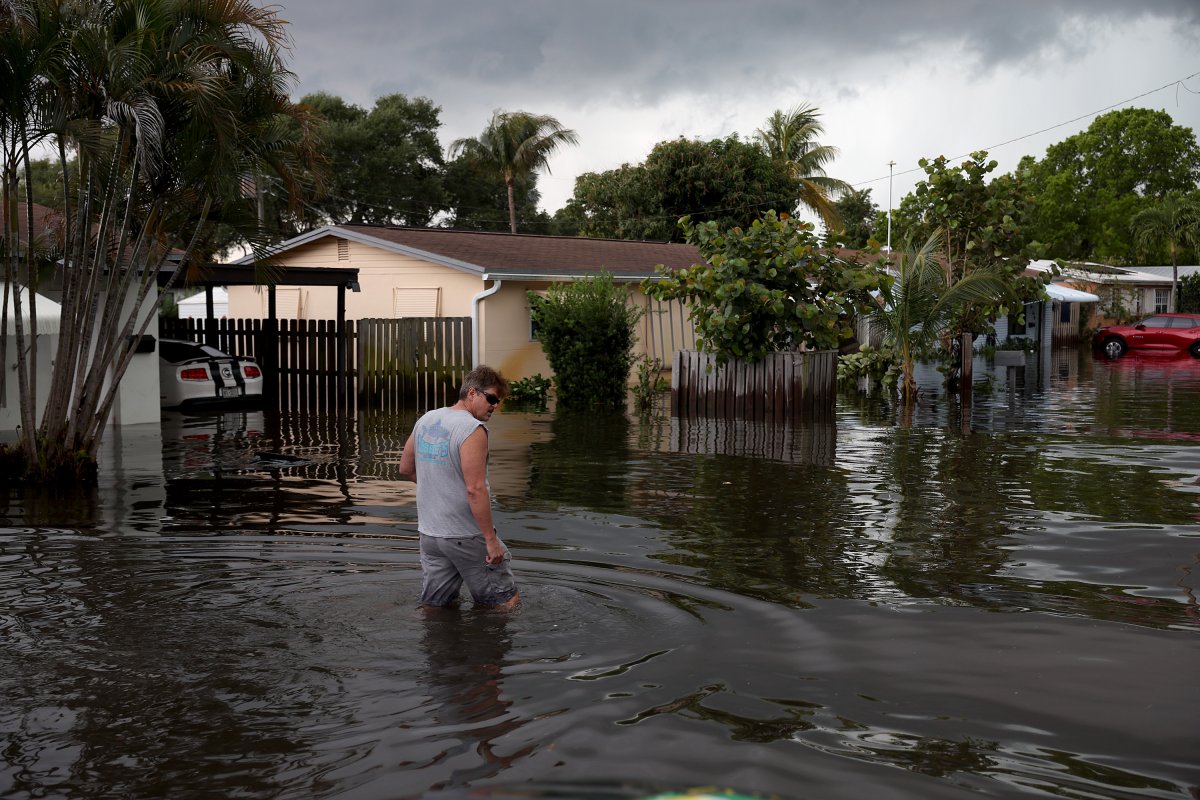What Does Comprehensive Auto Insurance Cover?
Learn about comprehensive auto insurance coverage, including what it protects against and how it differs from other types of auto insurance.

Comprehensive auto insurance is an essential component of a well-rounded auto insurance policy, providing protection against a range of non-collision-related risks. Understanding what comprehensive coverage entails can help you make informed decisions about your auto insurance needs. In this blog, we will explore what comprehensive auto insurance covers, how it differs from other types of coverage, and why it may be a wise choice for vehicle owners.
1. What is Comprehensive Auto Insurance?
Comprehensive auto insurance is a type of car insurance that covers damages to your vehicle that are not the result of a collision. It helps protect you from financial loss due to events that can damage or destroy your car, providing peace of mind for drivers.
2. What Does Comprehensive Coverage Include?
Comprehensive auto insurance typically covers the following:
-
Theft: If your vehicle is stolen, comprehensive insurance can help reimburse you for its value, allowing you to replace it without significant financial loss.
-
Vandalism: Damages resulting from vandalism, such as broken windows or graffiti, are covered under comprehensive insurance.
-
Natural Disasters: Comprehensive coverage protects your vehicle against damages caused by natural disasters, including floods, hurricanes, earthquakes, and wildfires.
-
Animal Collisions: If your vehicle is damaged due to a collision with an animal (e.g., deer), comprehensive insurance can help cover repair costs.
-
Falling Objects: Damage to your vehicle from falling objects, such as tree branches or debris, is also covered under comprehensive insurance.
-
Fire: If your car is damaged or destroyed by fire, comprehensive coverage will help you recover your losses.
-
Glass Breakage: Many comprehensive policies include coverage for broken windshields or windows, allowing for repairs or replacements without a deductible.
3. How Does Comprehensive Coverage Differ from Collision Coverage?
While comprehensive coverage protects against non-collision-related damages, collision coverage is designed to cover damages resulting from collisions with other vehicles or objects. Here’s a brief comparison:
-
Comprehensive Coverage: Protects against theft, vandalism, natural disasters, and other non-collision incidents.
-
Collision Coverage: Covers damages to your vehicle resulting from collisions, regardless of fault.
Both types of coverage are essential for providing comprehensive protection for your vehicle, and many insurers offer them together as part of a complete auto insurance policy.
4. Why Consider Comprehensive Auto Insurance?
Here are a few reasons to consider adding comprehensive coverage to your auto insurance policy:
-
Peace of Mind: Comprehensive insurance provides added peace of mind, knowing that your vehicle is protected from a wide range of risks.
-
Financial Protection: The cost of repairing or replacing a vehicle can be significant, especially after a theft or natural disaster. Comprehensive coverage helps mitigate these financial burdens.
-
Requirements for Financing or Leasing: If you're financing or leasing your vehicle, your lender may require comprehensive coverage as part of your auto insurance policy.
5. How to Choose the Right Comprehensive Coverage
When selecting comprehensive auto insurance, consider the following tips:
-
Evaluate Your Needs: Assess your vehicle’s value and your risk tolerance to determine the level of comprehensive coverage that makes sense for you.
-
Understand Policy Limits: Review the coverage limits and exclusions of your comprehensive policy to ensure you have adequate protection.
-
Compare Quotes: Shop around and compare quotes from multiple insurers to find the best coverage at a competitive price.
-
Ask About Deductibles: Comprehensive coverage typically involves a deductible. Consider your financial situation when selecting a deductible amount.
6. Conclusion
Comprehensive auto insurance is a valuable component of your overall auto insurance strategy, providing protection against a wide range of non-collision-related risks. Understanding what comprehensive coverage entails can help you make informed decisions about your auto insurance needs. Consider adding comprehensive coverage to your policy for added peace of mind and financial protection.
Ready to explore comprehensive auto insurance options that fit your needs?
Contact Safenture today for personalized advice and a free quote on comprehensive auto insurance coverage!
What's Your Reaction?
 Like
0
Like
0
 Dislike
0
Dislike
0
 Love
0
Love
0
 Funny
0
Funny
0
 Angry
0
Angry
0
 Sad
0
Sad
0
 Wow
0
Wow
0


































